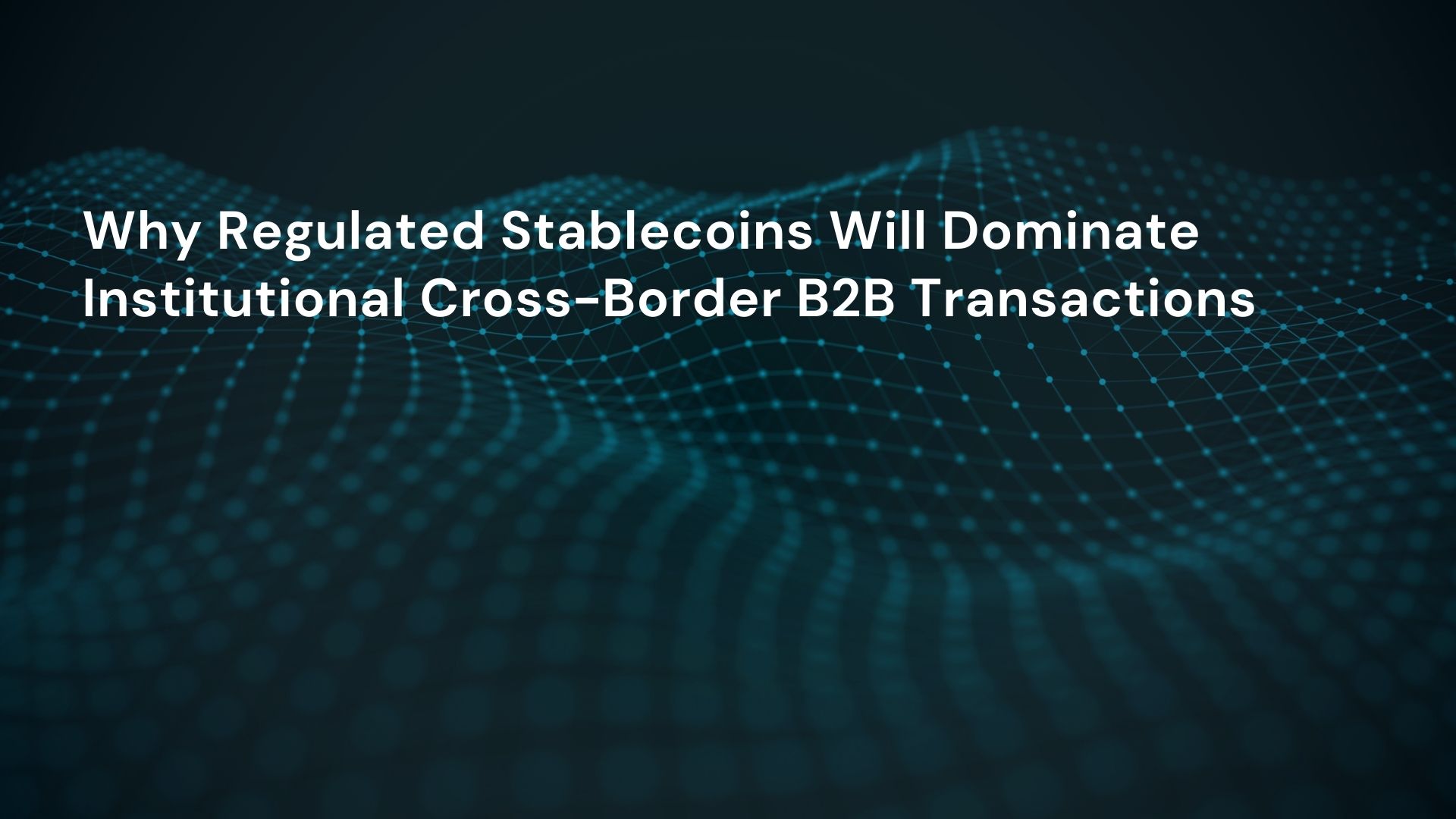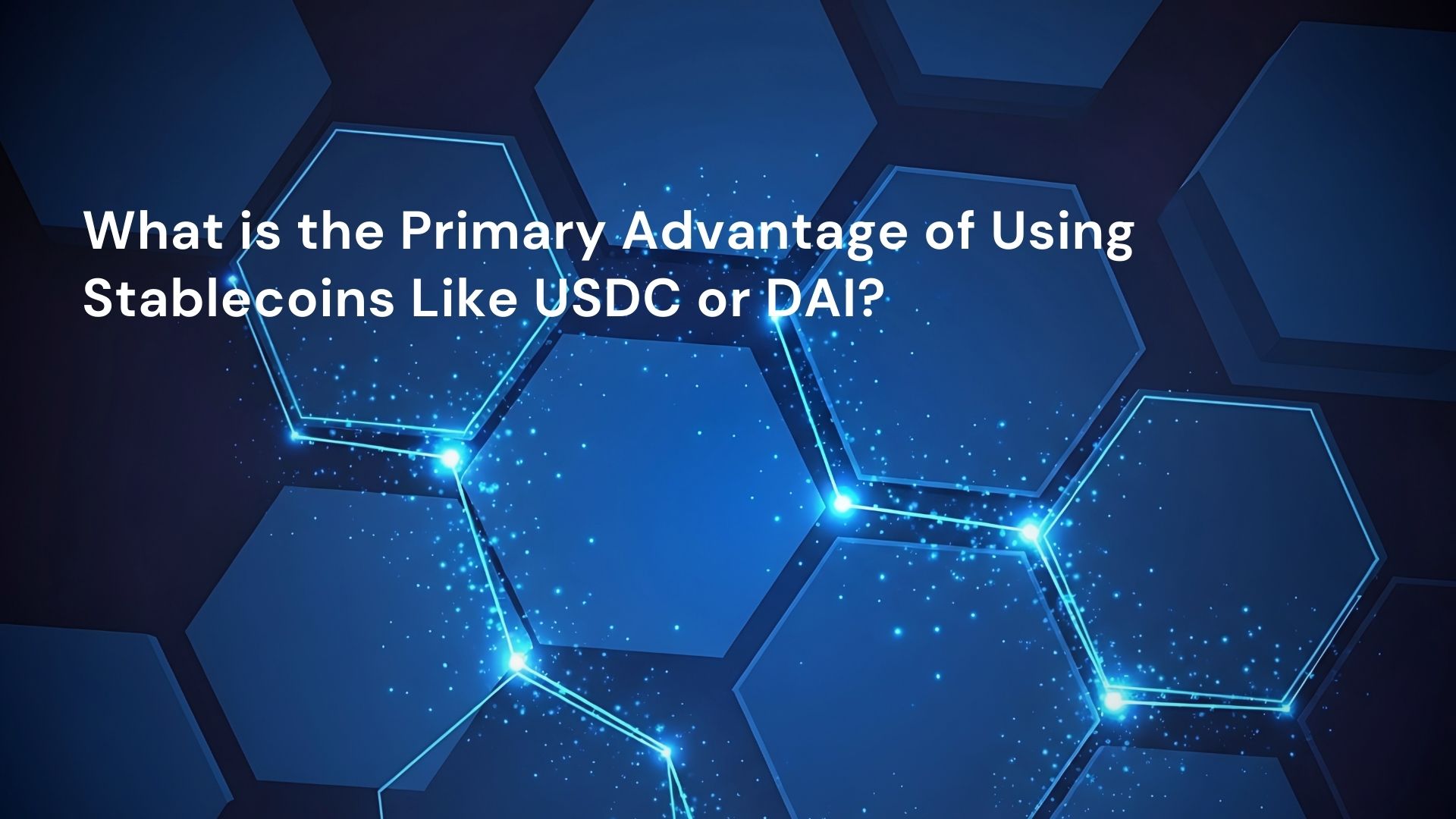As of July 2025, Ethereum has solidified its position as the world’s leading smart contract platform, with the successful completion of Ethereum 2.0 upgrades dramatically improving scalability and energy efficiency. Following the transition to Proof-of-Stake consensus and the implementation of sharding, Ethereum now processes over 100,000 transactions per second while reducing energy consumption by 99.95%. With clearer regulatory frameworks established in major jurisdictions including the EU’s MiCA regulation and updated U.S. guidelines, institutional adoption has accelerated across finance, supply chain, healthcare, and emerging sectors like carbon credit trading and decentralised identity management. Ethereum’s versatility continues to drive innovation in Web3 applications, with layer-2 solutions and cross-chain interoperability making it more accessible than ever for businesses seeking transparent, programmable, and cost-effective blockchain solutions.
Ethereum payment solutions and layer-2 scaling in 2025
The Ethereum payment landscape has been revolutionised by layer-2 scaling solutions and improved infrastructure as of 2025. Leading platforms including Polygon, Arbitrum, Optimism, and newer solutions like Starknet have achieved mainstream adoption, processing millions of transactions daily with fees under $0.01. Major payment processors such as Stripe, PayPal, and Visa have integrated native Ethereum support, while traditional financial institutions leverage stablecoins like USDC and USDT for cross-border settlements. The integration of account abstraction (EIP-4337) has simplified user experiences, enabling gasless transactions and social recovery wallets. Enterprise adoption has accelerated with solutions offering programmable payments, automated compliance reporting, and seamless integration with existing financial systems through APIs and SDKs.
Ethereum’s security infrastructure has reached new heights in 2025 with the maturation of Proof-of-Stake consensus and advanced cryptographic implementations. The network now features built-in privacy enhancements through zero-knowledge proofs (ZK-SNARKs and ZK-STARKs), enabling confidential transactions while maintaining transparency where required. Multi-signature wallets and smart contract auditing have become standard practices, with automated security tools providing real-time vulnerability detection. The integration of account abstraction has introduced programmable security policies, allowing businesses to implement custom authentication methods, spending limits, and recovery mechanisms. Additionally, regulatory compliance tools are now embedded at the protocol level, enabling automatic reporting and adherence to international financial regulations while preserving user privacy through selective disclosure mechanisms.
Ethereum’s enterprise adoption has reached unprecedented levels in 2025, with comprehensive integration solutions spanning multiple industries. Major corporations now utilise Ethereum-based platforms for supply chain transparency, with companies like Walmart, Nestlé, and Maersk implementing end-to-end traceability systems. The healthcare sector leverages Ethereum for secure patient data management and pharmaceutical supply chain verification, while the real estate industry uses smart contracts for property transactions and fractional ownership. Financial institutions have integrated Ethereum for trade finance, cross-border payments, and decentralised lending protocols. The carbon credit market has been revolutionised through tokenisation, enabling transparent tracking and trading of environmental assets. Additionally, the gaming and entertainment industries utilise Ethereum for NFT marketplaces, digital asset ownership, and decentralised content distribution platforms.
The future of Ethereum’s industry applications continues to expand with emerging technologies like artificial intelligence integration, quantum-resistant cryptography, and enhanced interoperability protocols. As regulatory frameworks mature globally and institutional adoption accelerates, Ethereum’s role as the foundational infrastructure for the decentralised economy becomes increasingly solidified, positioning it as an essential technology for businesses across all sectors seeking innovation, efficiency, and competitive advantage in the digital age.
Ethereum’s future outlook and emerging industry trends
Looking ahead beyond 2025, Ethereum continues to evolve as the backbone of the global digital economy. Emerging trends include the integration of artificial intelligence with smart contracts, enabling autonomous business processes and predictive analytics. The development of quantum-resistant cryptography ensures long-term security, while cross-chain interoperability protocols facilitate seamless interaction with other blockchain networks. Sustainability initiatives have made Ethereum carbon-negative through various offset programs and renewable energy partnerships. The rise of decentralised autonomous organisations (DAOs) is reshaping corporate governance, while tokenisation of real-world assets is creating new investment opportunities. As regulatory clarity improves worldwide and institutional infrastructure matures, Ethereum’s versatility across industries positions it as an indispensable technology for the next generation of digital innovation and economic transformation.
Ethereum’s ecosystem has developed comprehensive solutions and frameworks for businesses across diverse sectors including e-commerce, financial services, healthcare, supply chain management, real estate, entertainment, and emerging industries like renewable energy and carbon markets. The platform now supports over 4,000 decentralised applications (dApps) and has facilitated the creation of entirely new business models through tokenization, DeFi protocols, and programmable smart contracts. Major enterprises continue to build on Ethereum’s infrastructure, leveraging its security, transparency, and global accessibility to create innovative solutions that drive efficiency, reduce costs, and enable new forms of value creation in the digital economy.
E-commerce
For businesses in e-commerce, it is crucial to facilitate quick and seamless transactions for the purchase and sale of products and services to maintain customer satisfaction. With Bitpace’s direct integration with major e-commerce platforms like WooCommerce, OpenCart, and Magento, you can easily track your orders and payments through the dashboard, automatically convert crypto payments to fiat currencies, and benefit from a dedicated account team!
Payment Service Provider (PSP)
The slow and costly nature of traditional banking also poses a major challenge for payment service providers. The Bitpace integration enables a PSP Business to accept Ethereum payments and benefit from low maintenance fees and zero chargebacks.
Travel industry
Bitpace continues to provide sector-specific solutions, enabling businesses in the travel industry to buy and sell goods and services using cryptocurrencies. By utilising Bitpace’s cryptocurrency payment methods, businesses in the travel industry can attract millennials and Generation Z, enhance travelers’ experiences, and build a global reputation!
FX brokers
Challenges such as rising fees and slow transactions are among the most important factors affecting FX Brokers’ profitability and customer satisfaction. Integration through Bitpace, on the other hand, can provide various advantages by enabling FX Brokers to integrate cryptocurrencies easily. Thanks to their competitive fees and fast processing, brokers integrating crypto with Bitpace can reduce costs and increase transaction speeds.
Other benefits of cryptocurrency integration include increased payment options. Accepting Crypto-Fiat and Crypto-Crypto payments will allow your business to appeal to a wider customer base. Thanks to the security and privacy protocols inherent in blockchain, you can always prioritise the safety and satisfaction of your customers.
Real estate world
Executing transactions securely and transparently in the real estate sector is crucial, especially given the significant amounts of money involved in buying and selling transactions. Real estate companies integrating Bitpace can easily carry out high-volume crypto transactions, make payments in a secure, fast, and transparent manner, and turn anyone interested in buying or selling real estate with cryptocurrency into a potential customer.
How Can I Start Accepting Ethereum Payments With Bitpace’s Crypto Payment Gateway?
With Bitpace, businesses can effortlessly handle payments using over 70 cryptocurrencies, including Ethereum, by getting in touch today. If you want to integrate cryptocurrency with Bitpace, fill out the form and wait to hear from our specialist, who will get back to you as soon as possible!
Start accepting crypto payments with Bitpace crypto payment gateway
Get paid in Bitcoin, Ethereum, Litecoin and many more established cryptocurrencies with Bitpace crypto payment gateway. Reach out now to start accepting crypto payments.





